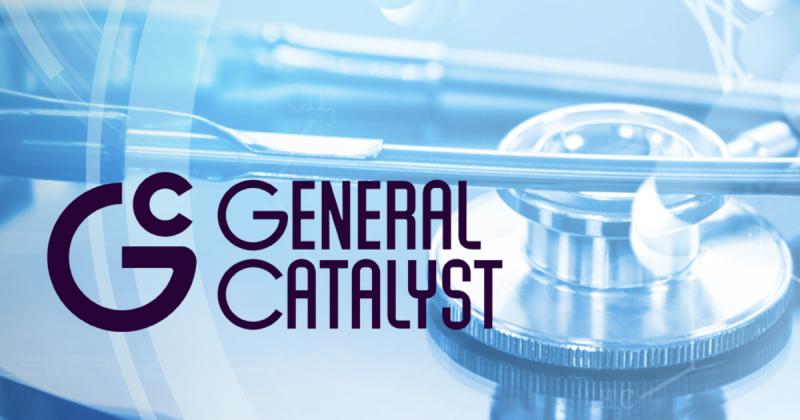
Venture capitalists are betting big on a new strategy: using AI to bring software-like margins to traditionally labor-heavy services businesses. The model involves acquiring established firms, automating core tasks with AI, and using the resulting efficiency gains to fuel further acquisitions.
General Catalyst (GC) is leading this approach, dedicating $1.5 billion of its latest fund to a “creation” strategy. The firm is incubating AI-native companies across various industries, including IT services and legal operations, and then utilizing them to acquire mature businesses within those sectors. GC has already made moves in seven industries, with plans to expand to as many as 20.
Marc Bhargava, who leads the effort, points to the $16 trillion global services market compared to $1 trillion for software. By automating 30–50% of service-based tasks — and up to 70% in call centers — he argues the margins start to look irresistible.
Titan MSP, a GC-backed company, illustrates the playbook. With $74 million in funding, it developed AI tools for managed service providers and subsequently acquired IT services firm RFA. Pilot programs showed Titan could automate 38% of tasks, boosting margins to support a roll-up strategy. Similarly, GC incubated Eudia, which offers AI-powered fixed-fee legal services to Fortune 100 companies and recently expanded through acquisition.
Other investors are pursuing similar plays. Mayfield set aside $100 million for “AI teammate” startups, while Elad Gil has backed companies transforming mature businesses with AI.
Still, risks remain. Studies show “workslop” — low-quality AI output — creates extra work, costing large organizations millions annually in lost productivity. Bhargava argues this complexity proves the need for GC’s specialist approach, pairing AI engineers with industry experts.
Despite challenges, GC’s model stands apart by targeting cash-flow-positive companies rather than loss-making startups, offering investors profitability alongside innovation.




